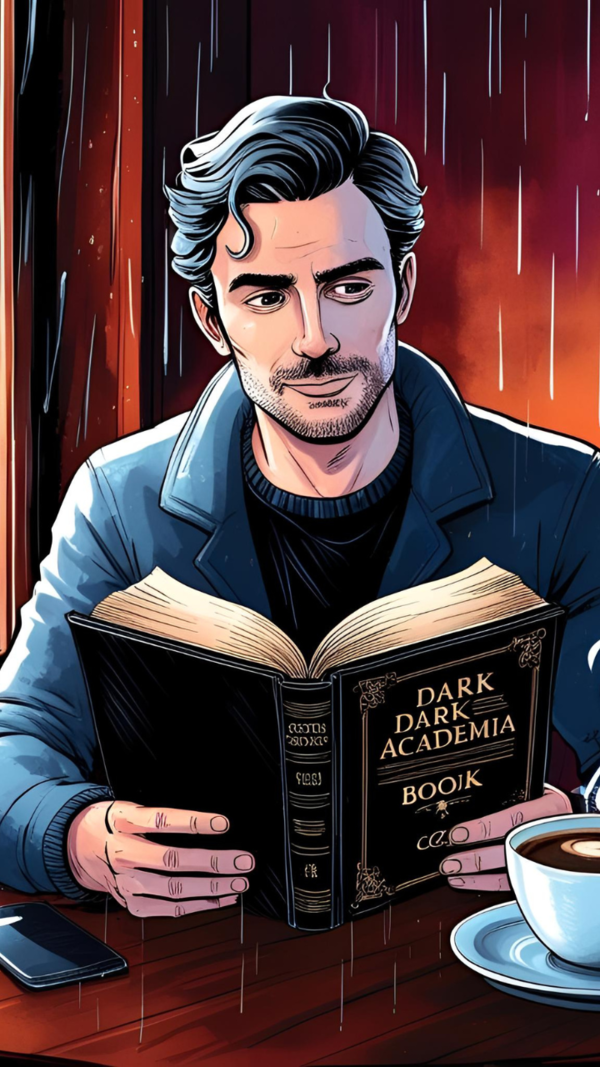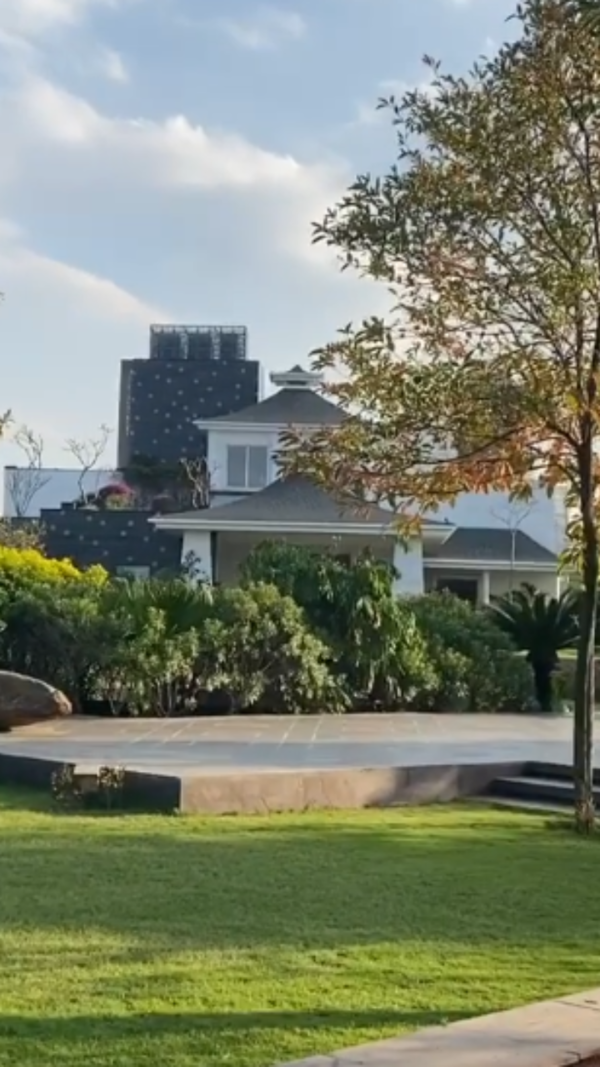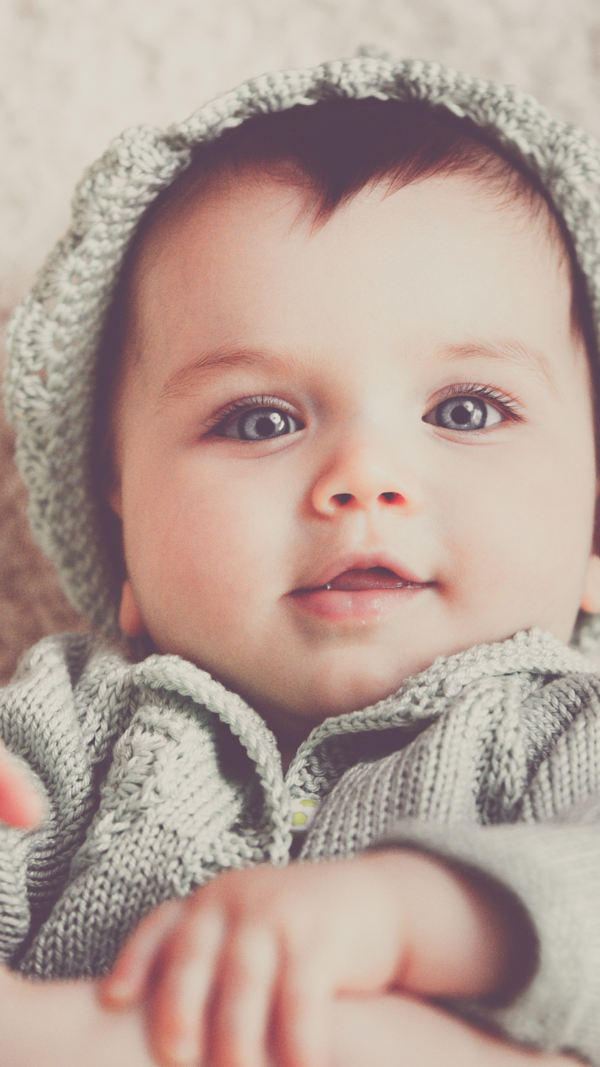- News
- Psychiatry Meet: Movies, Emotions To Fore
Psychiatry Meet: Movies, Emotions To Fore
Nagpur: India's first-ever international conference on dynamic psychiatry began vibrantly and thought-provokingly on Saturday. Hosted by the Psychiatric Society of Nagpur in collaboration with several prestigious global and national mental health organisations, the two-day event will conclude at Hotel Tuli Imperial on April 13. Over 300 psychiatrists, psychologists, mental health professionals, and students from India and abroad will participate.
The opening day began with an unusual yet engaging workshop titled, ‘Bollywood and Your EQ (Emotional Quotient)', led by senior psychiatrist Dr Anand Nadkarni and renowned actor-psychiatrist Padma Shri Dr Mohan Agashe. They used popular Bollywood songs to show how movies can help people understand and express emotions such as joy, sorrow, anger, guilt, love, and friendship.
Calling film songs "the silent drug", Dr Nadkarni explained how music and cinema act like therapy. The duo referred to this as ‘filmo-therapy', a creative way to help people connect with their inner emotions, similar to how some therapists use books (bibliotherapy). Songs like Pyaar Hua Iqraar Hua and Kasme Vaade Pyaar Wafa were played to demonstrate this powerful connection.
During the official inauguration, Dr Vivek Kirpekar, organising chairperson, welcomed the guests and highlighted how important it is to introduce dynamic psychiatry in Indian clinical practice.
International experts including Dr Maria Ammon (Germany), Dr Rakesh Chadda, and Dr Roy Abraham Kallivayalil (President, WADP India) shared their insights.
Dr Snehil Gupta, Dr Manish Thakre (organising co-chairperson), Dr Sudhir Mahajan (organising secretary), Dr Sudhir Bhave (advisor), and Dr Priti Bhute (President-Elect, Psychiatric Society Nagpur) were among the dignitaries on stage.
A special book, titled ‘The Glow of Synthesis – Twelve Beacons of Light in Social Psychiatry', was launched. The book reflects the importance of cultural and community-based approaches in mental health.
The academic sessions began with a talk by Dr Rita Low, who discussed positive psychology — the study of happiness, strengths, and mental well-being. This was followed by Dr Mohan Isaac, who spoke on community mental health, highlighting the importance of peer support and involving patients in their own treatment.
In the afternoon, Nagpur's Dr Nandu Mulmule gave a poetic presentation called, ‘The Emotional Landscape', weaving in Urdu, Hindi, and Marathi poetry to describe mental states in a way that touched hearts and minds.
Dr Sieglinde Bast shared the historical journey of psychosomatic medicine — a branch of psychiatry that studies how our emotions and stress can affect physical health.
Later, a symposium on psychotherapy training and techniques was conducted by Dr Smitha Ramdas and Dr Snehil Gupta, covering dynamic case understanding and Cognitive Behavioural Therapy (CBT).
The day concluded with a powerful online session by world-renowned psychiatrist Dr Salman Akhtar, who spoke about the psychological fear of death and how people experience anxiety when they feel life wasn't lived fully.
Digital dependency a growing crisis among Indian youth: Dr Mulmuley
In an exclusive conversation during the WADP conference, senior psychiatrist Dr Nandu Mulmuley warned of a silent but growing epidemic — social media addiction among adolescents.
Citing recent studies, Dr Nandu Mulmuley revealed that nearly 37% of youth, aged between 10 and 24, show signs of social media dependency, often spending up to 9 hours a day online, leading to reduced attention spans and emotional imbalance.
"Post-pandemic, we've entered a dangerous phase of digital overexposure," Dr Mulmuley said. "Earlier, we worried about substance abuse — alcohol or narcotics. Now, social media is the new addiction, just as harmful and perhaps more insidious." He added that electronic gadgets have become inseparable from daily life, and in the name of convenience, parents are unknowingly pushing children deeper into this virtual trap.
He warned that social media can be as harmful as a loaded weapon, especially when used to pacify children instead of engaging with them emotionally. The result? A loss of patience, reduced emotional tolerance, and disturbed cognitive focus. "Rebellion is a normal part of adolescence," he said, "but today's youth are overwhelmed with digital stimuli. It's time for parents to lead by example — changing their own habits before expecting change from their children."
Dr Mulmuley criticised the current education system that focuses excessively on marks while ignoring emotional and social growth. He emphasised the need for a values-based Indian education system that respects emotional well-being and human connection. "We're losing the creativity of an entire generation to mindless scrolling," he concluded. "The time to act is now."
End of Article
FOLLOW US ON SOCIAL MEDIA










